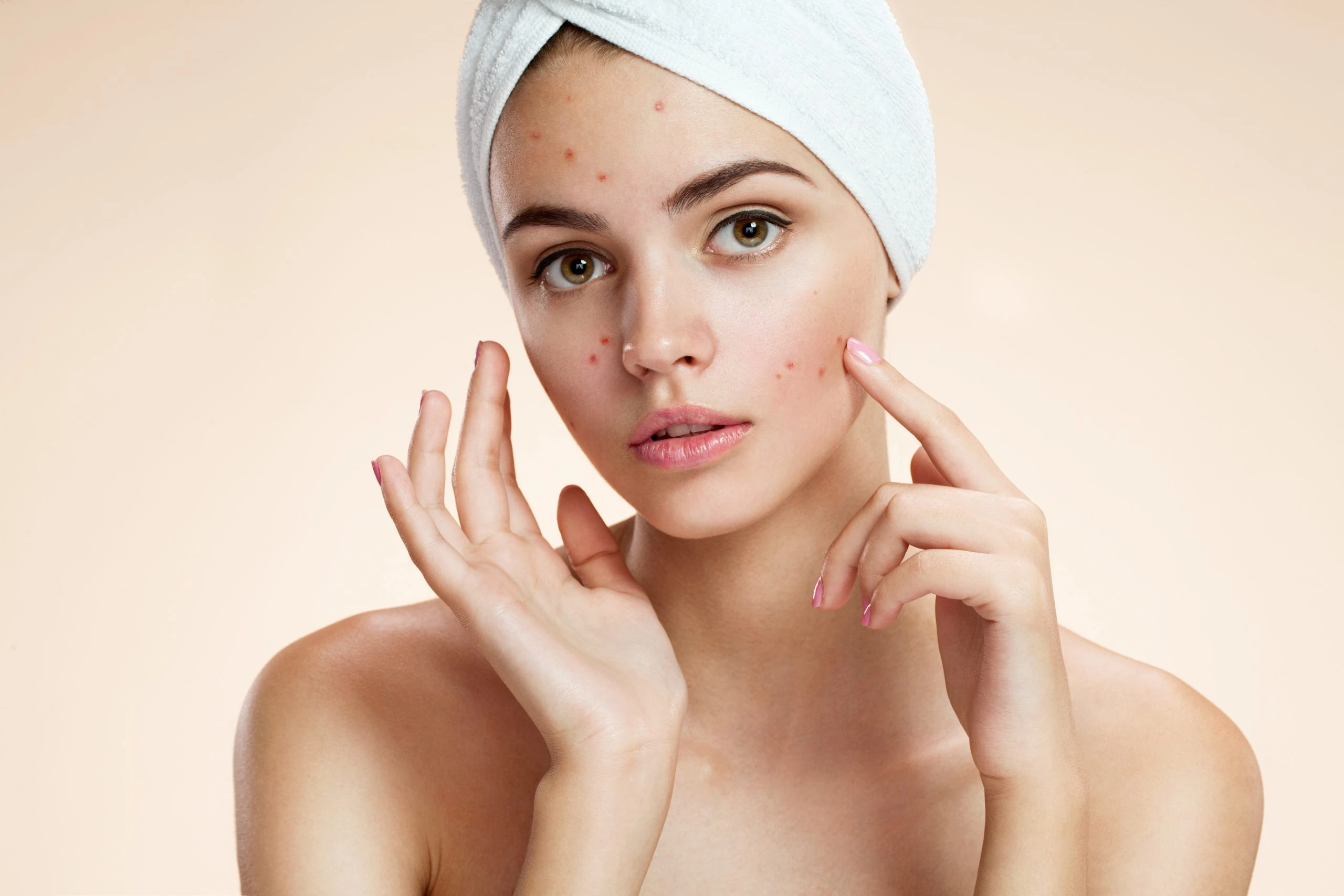Can acne be cured forever?
Acne, a common skin condition affecting millions worldwide, often raises the question: Can acne be cured forever? The answer is complex and depends on various factors including age, genetics, hormones, lifestyle, and skin type. While there is no universal permanent cure for acne, it can often be effectively managed and, in some cases, enter long-term remission.
Understanding Acne
Acne occurs when hair follicles become clogged with oil (sebum) and dead skin cells. This can lead to blackheads, whiteheads, pimples, or cysts. It is most prevalent during puberty, due to hormonal fluctuations, but can persist or emerge during adulthood—especially in women due to hormonal cycles, pregnancy, or conditions like polycystic ovary syndrome (PCOS).
Is Acne Curable?
Medically, acne is considered treatable but not always curable in the permanent sense. Here's why:
-
Hormonal influence: Hormones play a major role in acne. Since hormonal changes can occur throughout life (puberty, menstruation, pregnancy, menopause), acne can reappear even after years of clear skin.
-
Genetic predisposition: If you have a family history of acne, you’re more likely to have persistent or recurrent breakouts.
-
Skin type and environmental factors: Oily skin, exposure to pollutants, certain cosmetics, or stress can trigger acne even in someone who had previously clear skin.
Effective Long-Term Management
Although permanent eradication may not be guaranteed for everyone, many people achieve long-term control of acne through consistent treatment and lifestyle modifications:
1. Topical and Oral Medications
-
Topical retinoids (like tretinoin) help unclog pores and prevent new breakouts.
-
Benzoyl peroxide and salicylic acid are over-the-counter options that kill bacteria and exfoliate skin.
-
Antibiotics and oral contraceptives can be prescribed to reduce inflammation and regulate hormones.
-
Isotretinoin (Accutane), a powerful oral retinoid, can lead to long-term remission or even permanent improvement in severe cases.
2. Skincare Routine
A gentle, consistent skincare regimen tailored to your skin type helps maintain clear skin:
-
Use non-comedogenic (won’t clog pores) products.
-
Avoid excessive washing or harsh scrubs which can irritate the skin.
-
Moisturize even if you have oily skin—hydration helps balance oil production.
3. Lifestyle and Diet
-
A diet low in refined sugars and dairy may help some individuals.
-
Adequate hydration, sleep, and stress management also support healthy skin.
Conclusion
While acne may not be cured forever in the strictest sense for everyone, it can be controlled effectively. With the right medical treatments, skincare habits, and lifestyle choices, many people experience long-lasting or even permanent improvements. For those with persistent acne, consultation with a dermatologist is key to creating a personalized treatment plan. In summary, acne management is often a journey, not a one-time fix—but with the right tools and approach, clear skin is an achievable and sustainable goal.

Related Blog